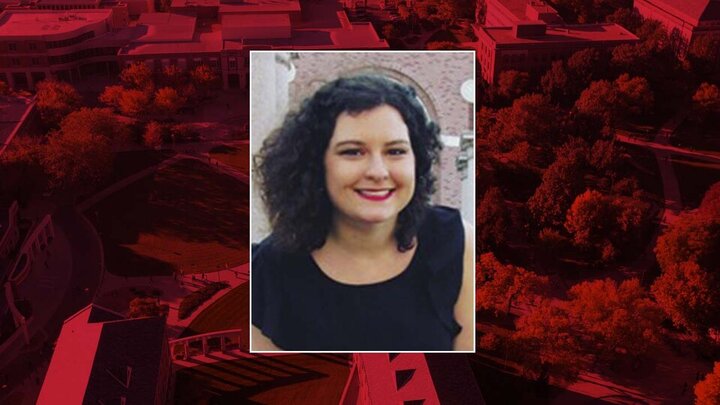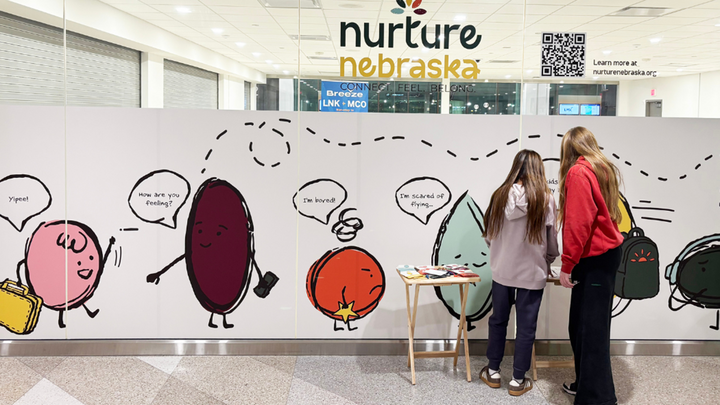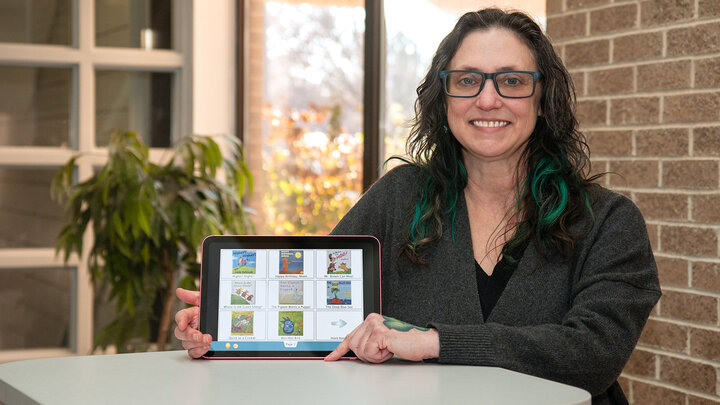Molly Sambol, a recent graduate of the University of Nebraska–Lincoln, has been awarded a Fulbright grant to teach English in South Korea. An Omaha native, she was a secondary education major specializing in English language arts.
Sambol applied for the Fulbright to combine her two passions: teaching and Korean culture. She has been interested in South Korea for several years, including its music, movies and food. She studied abroad in South Korea in summer 2019 and participated in the BOM Korean Culture Club at Nebraska.
Sambol said she’s looking forward to being immersed in the culture.
“I have been studying the Korean language off and on for several years now and am looking forward to the opportunity to strengthen my skills,” she said. “I am also looking forward to getting to teach in Korea and getting to know all of my students.”
Sambol is well-prepared to teach English abroad.
“The university has done so much to help me prepare for Fulbright,” she said. “I have been able to take multicultural and multilingual education courses. I have grown a lot over the past four years, and I believe much of that is thanks to UNL.”
Outside of her teaching duties, Sambol will create a club for students to share their interests in international cultures.
“One of the main reasons that I am where I am today is because of the Korean Culture Club here on the UNL campus,” she said. “As one of the founding members and the outgoing president, I saw the amazing connections that can form when people from all different backgrounds and cultures come together to share similar interests. I look forward to creating something similar with my students in South Korea.”
After teaching abroad, she plans to return to Nebraska to teach secondary English. She said she is excited to share knowledge gained in South Korea with future students.
The Fulbright Program, the flagship international educational exchange program sponsored by the U.S. government, is designed to forge lasting connections between Americans and citizens of other countries; counter misunderstandings; and help people and nations work together toward common goals. Since its establishment in 1946, the program has enabled more than 390,000 students, scholars, artists, teachers and professionals of all backgrounds to study, teach and conduct research; exchange ideas; and find solutions to shared international concerns.
College of Education and Human Sciences
Teaching, Learning & Teacher Education




